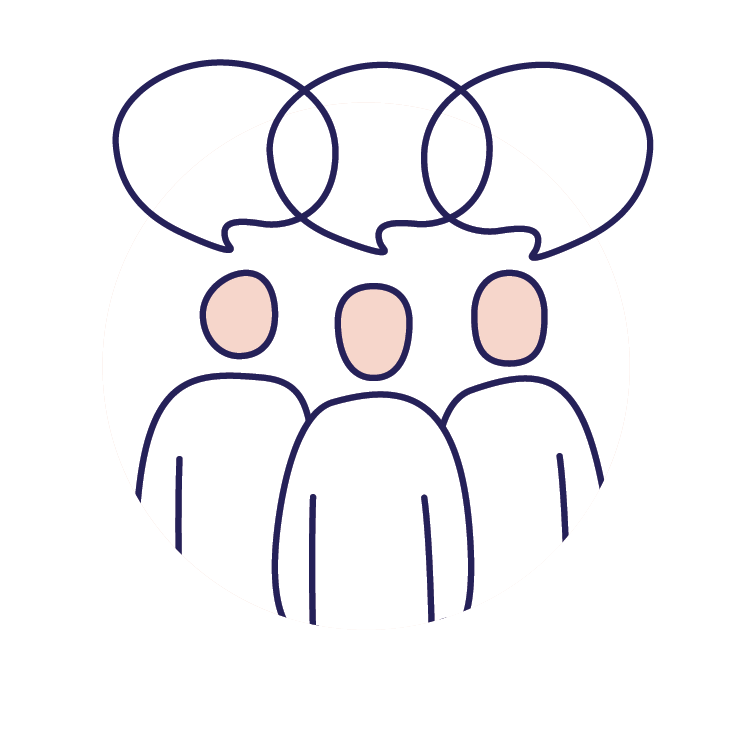How we can help
Information for victims of crime
People do not choose to be a victim of crime, and crime leaves many victims violated and traumatised.
Its consequences can be severe and long lasting, resulting in damage to the health and welfare of individual victims and their families and friends.
It is well known that the criminal justice process can add to the trauma that victims have already experienced and can be a source of secondary victimisation. This can impact on a victim’s recovery from trauma and can also affect their trust in the criminal justice system.
Victims of crime have rights and entitlements under the Victims’ Charter, which aims to minimise the harms of being victimised a second time by the justice system.
The principles in the Victims’ Charter require justice agencies and victims’ services to:
- Treat you with dignity, respect and courtesy.
- Give you a say in how you are communicated with.
- Ensure you have the information you need to engage with the justice system.
- Give you certain information during an investigation, prosecution and court processes.
Who is a victim of crime?
You are a victim of crime if:
- You have suffered an injury as a direct result of a criminal offence.
- You are a family member of a person who has died as a direct result of a criminal offence.
- You are a family member of a person who is under 18 and that person has suffered an injury as a direct result of a criminal offence.
- You are a family member of a person who is incapable of managing their own affairs and that person has suffered an injury as a direct result of a criminal offence.
More broadly, if you have witnessed a criminal offence, or you are a family member of a victim of crime (who did not die as a direct result of a criminal offence), you are considered to be adversely affected by crime, and still have protections under legislation.
A word on terminology
The Commissioner recognises that there are many terms that are used to describe those who have experienced crime and are dealing with its impact. These include affected family members, survivors, victim-survivors, complainants and witnesses. Some people identify with one of these terms more than others, and some people do not identify with any of these terms.
For example, there are complexities in language used by Aboriginal communities in the context of referring to family violence and family members. Some terms used are “affected family member and user of violence” and in other contexts, the phrases used are “people who use violence” and “people who experience violence” in relation to family violence.
The Victims’ Charter and the VOCC Act apply to victims of all types of crime and each victim’s experience is different. It is not possible to find a simple phrase that captures the experiences of everyone.
The Commissioner talks about ‘victims’, ‘victims of crime’ and ‘people adversely affected by crime’ because these are the terms currently used in the Victims’ Charter Act 2006 (Victims’ Charter), the Victims of Crime Commissioner Act 2015 (VOCC Act), and the Victims of Crime (Financial Assistance) Act 2022, and because these terms specifically refer to people’s experience of crime.
The Victims’ Charter covers both people adversely affected by crime and victims. The phrase ‘people adversely affected by crime’ includes victims, victims’ family members and people who have witnessed a crime.


